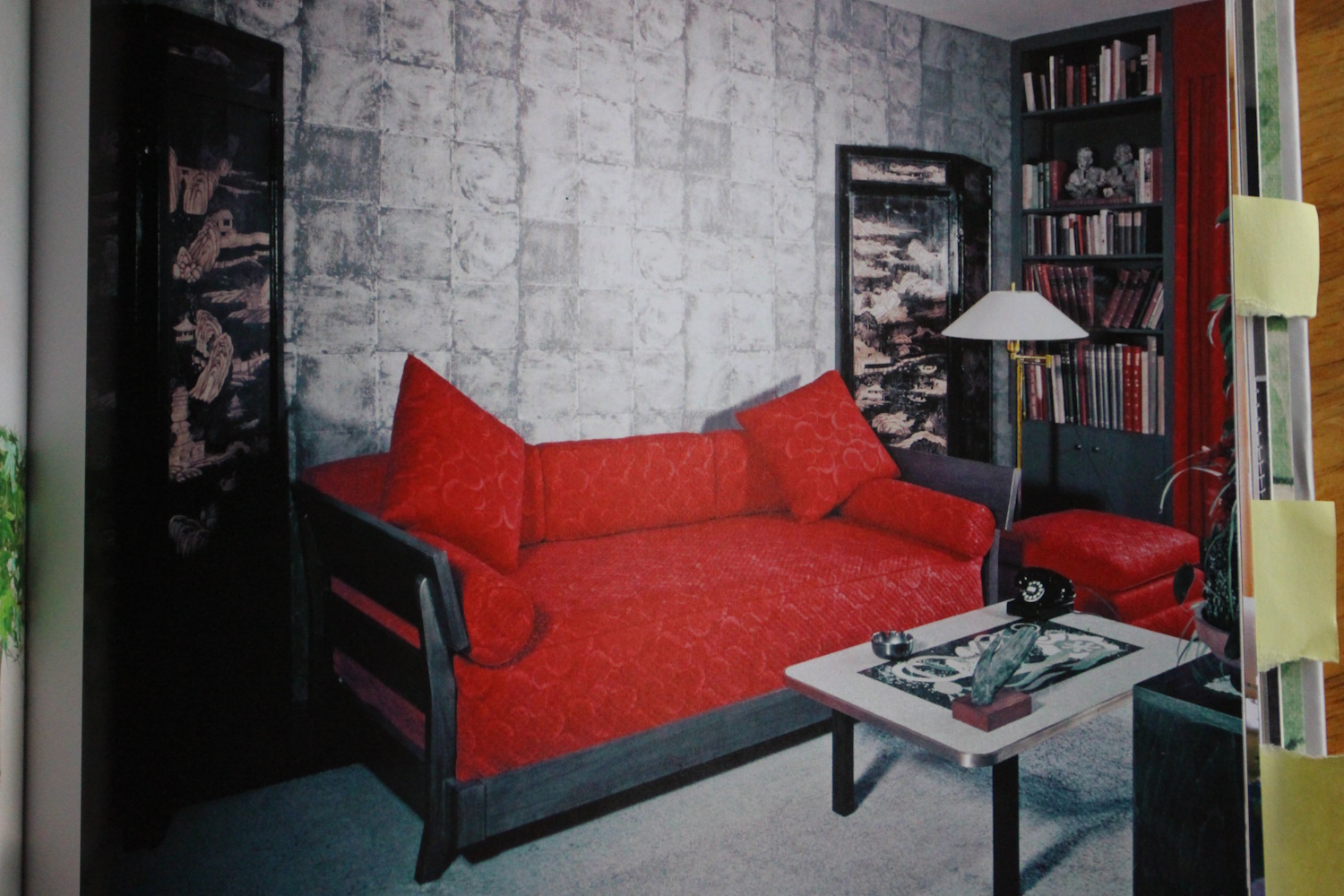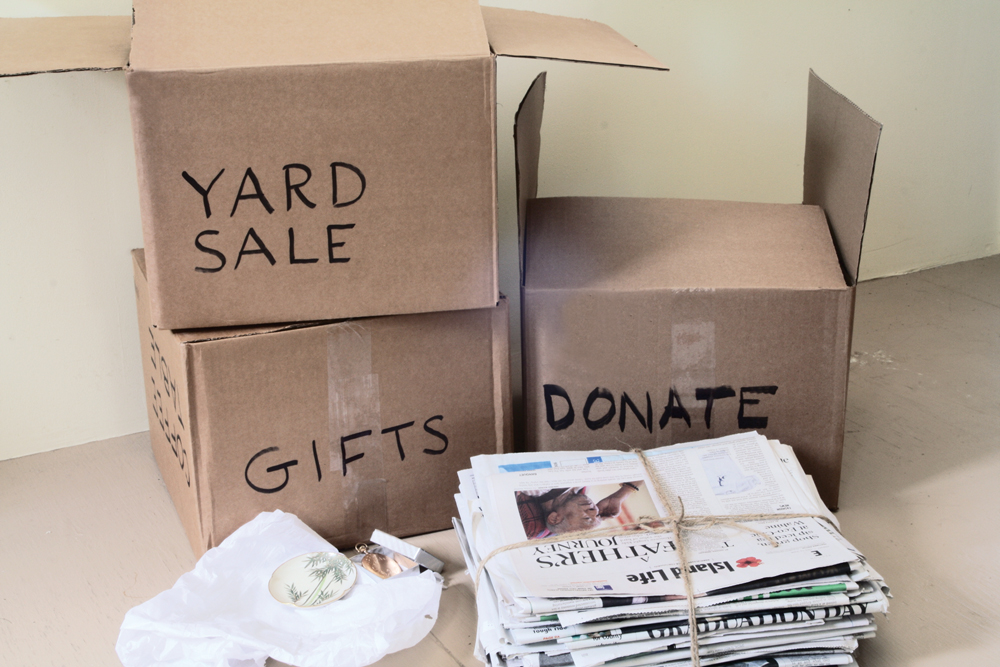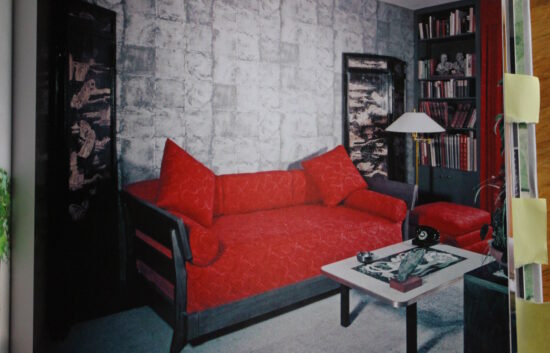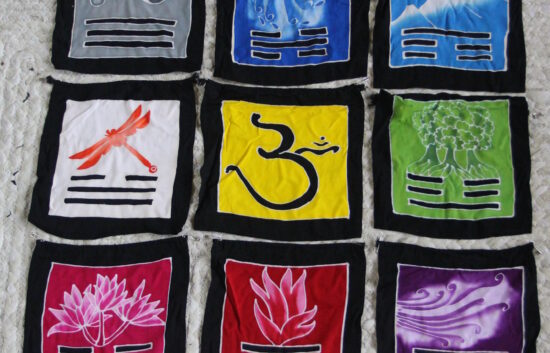Feng Shui to Sell Your Home – Part 1: What’s In, What’s Out
I often consult for people who are trying to sell their home. The goals in selling real estate are to do it quickly, harmoniously and for the best price possible. The results of feng shui amaze me. A seller’s agent recently told me, “When the client follows your advice, the place sells within a half a day to a week. When they don’t, it continues to sit on the market.” You don’t need to be a rocket scientist to use feng shui. Most of the principles relate to common sense.
How can feng shui apply to real estate? Well, when selling a home, your goal is for something very yang to happen. You want the property to change title. You want money to change hands. You want movement, not stagnation. So help it happen by emphasizing certain yang aspects or characteristics.
This post is titled “What’s In, What’s Out”—as in, what should you keep in your home and what should you get rid of (or at least hide) to encourage that moving energy. A clean and uncluttered look is often all it takes for a fast sale. When I write a book, I think up a bunch of good words and then get rid of most of them. It’s called editing. Use the same process when deciding which items to leave on display. Less is better. Just leave the highest quality items. A well-made item lifts the vibrations around it. It makes you smile.
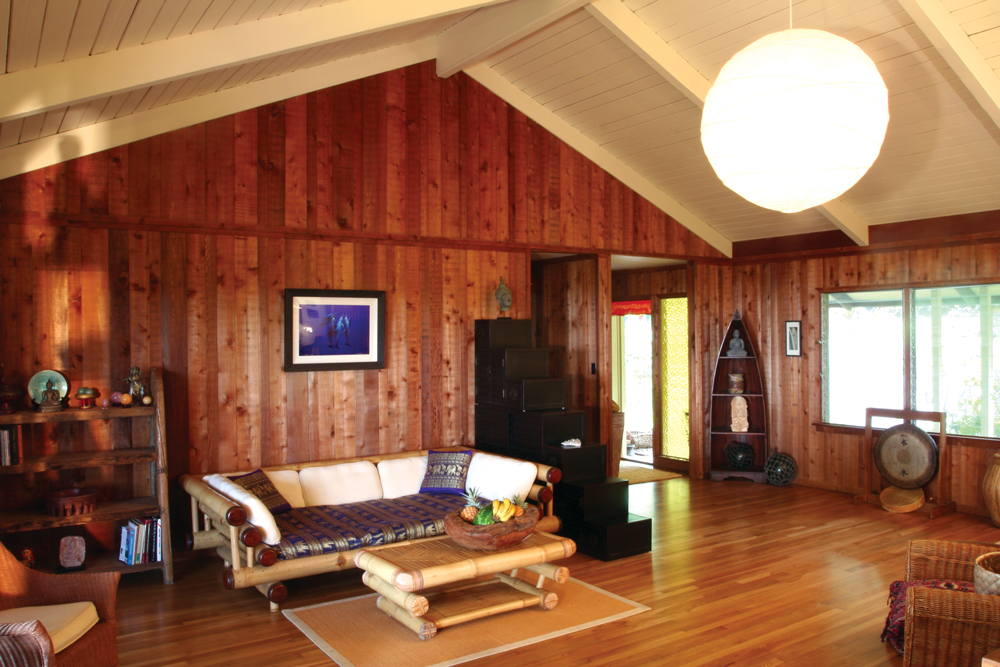
This room is ready for a showing—there is a nice flow to the furniture, the room is not too cluttered, but not empty; it is very tidy, and the personal possessions are limited to a smattering of nice objects that aren’t overly specific to the owners. The bowl of fresh fruit on the table is a nice touch.
Let’s start with some of the biggest things you own in the home, the furniture. Of the various furniture scenarios, one of the worst is no furniture. It’s a yin/yang imbalance. Too yang to feel really comfortable, and too yin because the impression is, “No life here—why live here?” An empty house just says “empty.” The buyer is presented with question marks everywhere, and that’s never the best way to say hello to chi energy. You are requiring the buyer to imagine living there, without actually seeing what it looks like to live there. Just because someone is a potential buyer doesn’t mean they’ve got a great imagination. Your goal is to appeal to the broadest spectrum of people. In limiting your prospects to those who have good imaginations, you are limiting the amount of chi energy that your home can attract.
When there is furniture, your job is to present an arrangement (with a limited amount of decorative objects) that looks inevitable—as if angels dropped down out of heaven and put it there for you. Prospective buyers often wonder where to put the couch or bed, yet they know when the furniture arrangement feels comfortable and flows well, even though they may not understand the considerations that went into the arrangement. If the arrangement looks clumsy, it says, “This home is hard to decorate.”
The furniture should look inviting. Imagine a chair or couch to be a person. As you enter the room, they’ve either got their arms open to you or their back to you. Open arms are welcoming. If the back of a chair, and especially a couch, is first presented when entering a room, it symbolizes a chilly reception—a person with their back to the guests coming in. Try to arrange the seating so that you don’t have to walk around it to sit in it. Make it easy to walk into the room.
The only thing worse than no furniture is too much furniture, or too much stuff in general. The message is that the home is too small. Never, ever give that message to potential buyers. If your home is crammed and cluttered, stop reading and start packing. Any time that you’re not eating or sleeping, you need to be packing. Do it until you’ve got just the right amount of your very nicest objects on display. Get help if necessary—friends, family or a professional. It doesn’t matter what you do with the packed boxes, as long as they are out of the living area. Hopefully they can go to offsite storage, but the boxes could also be put in the basement or garage if there is no alternative. A neat group of boxes that are labeled and ready for moving can say, “These folks are expecting a quick sale.”
One place those boxes can’t go: the closet. Do not have closets and cupboards crammed full. They need to look spacious. Keep closet doors closed during showings, even if the house is empty. It’s a neater look—more yang.
The symbolism of the objects in your home and their arrangement is crucial when it is for sale. Their subconscious message needs to be, “Those who live here are happy and successful, and if you live here, you will be too.” However, you should de-personalize the home by removing photos of yourself, family, and friends. Keeping them on display keeps you more firmly in the house. That’s a “stuck” energy, not a moving energy. You want the buyers to easily picture their own family and friends in the space. Items that are very particular to you or to your family’s life or history should be packed away. Such things are trophies, awards, diplomas, family coats of arms, etcetera.
The next post in this series on selling your home will also address energy, but focused on how it moves through the home—and how that can affect your potential sale.
Save
Save
Leave a Comment Cancel Comment
Related Posts
Feng Shui, Real Books & Frances Elkins
Feng Shui & Prayer Flags
Feng Shui & Dim Lighting
Recent Posts
Three Famous Gay Men from Huntsville, Alabama

My Youtube Feng Shui Channel
